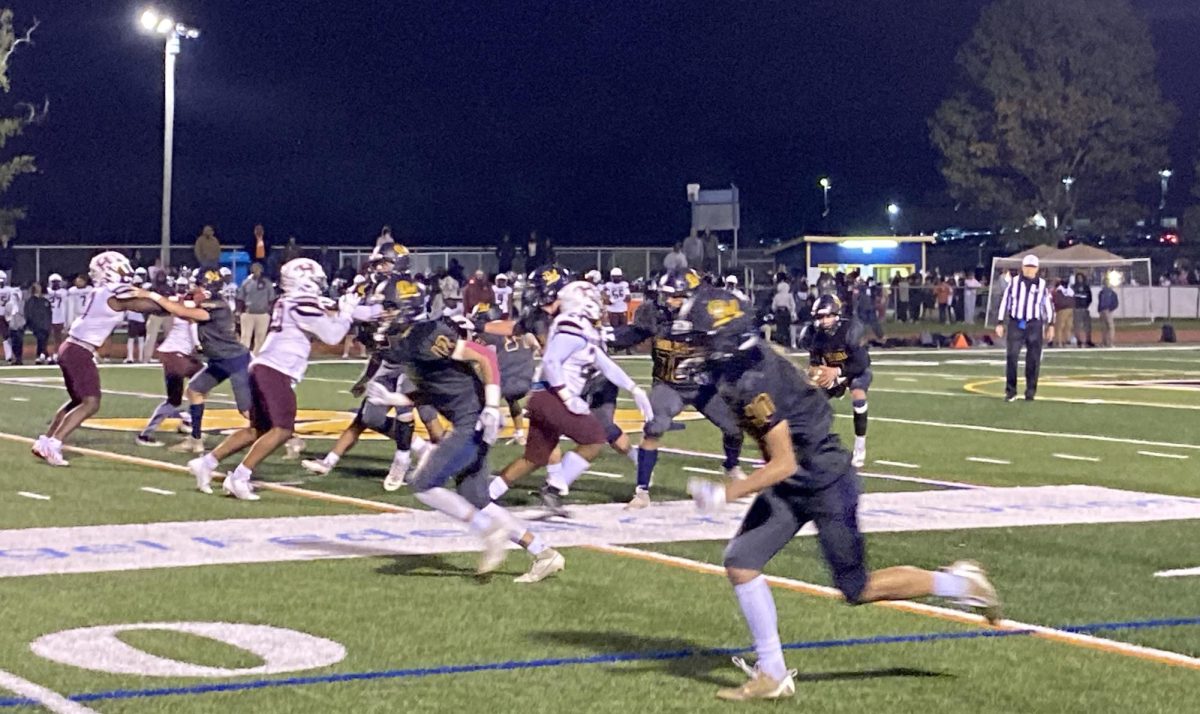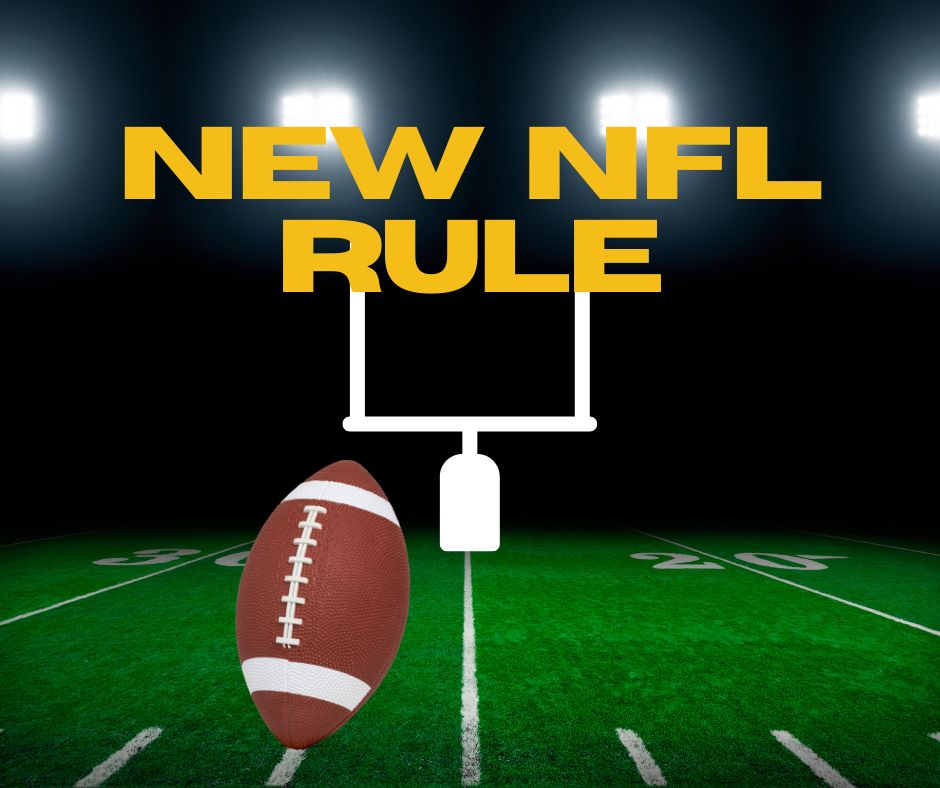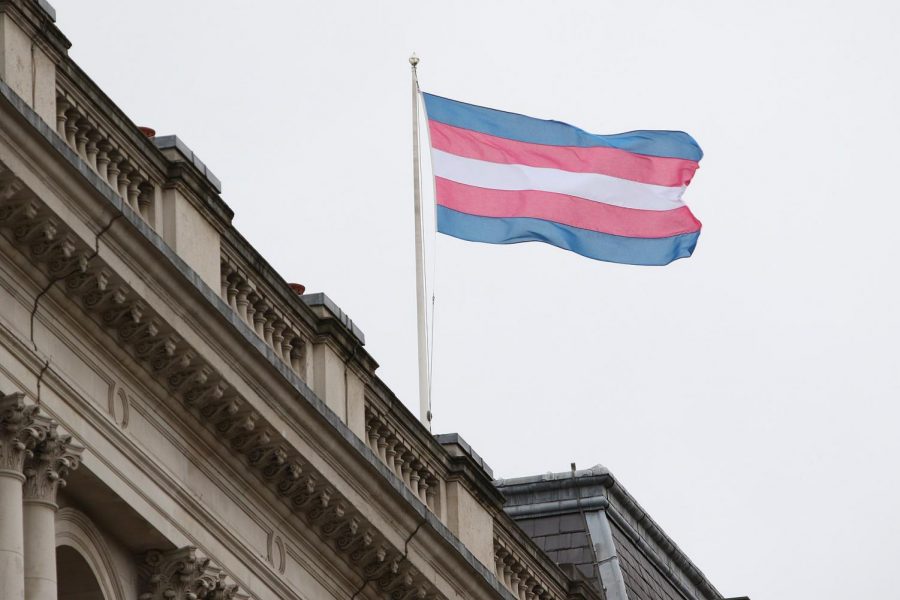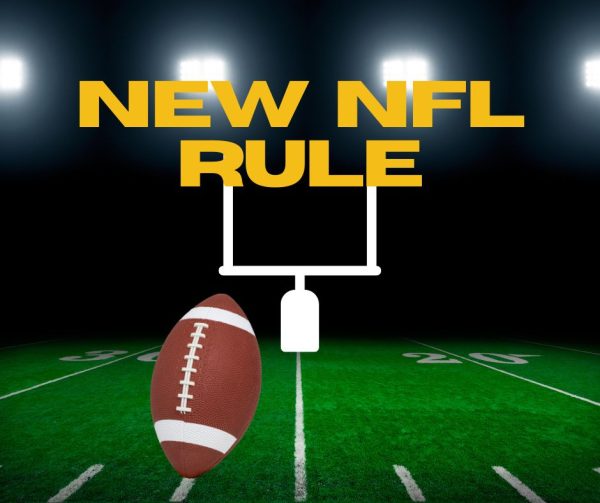Discrimination of Transgender women in sports
Photo via Wikimedia Commons under Creative Commons license
Transgender flag represents transgender rights
May 4, 2021
Sports are something that many people enjoy, but some states are barring transgender women from playing on girls’ sports teams.
Idaho was reportedly the first state to pass a bill to ban transgender women from competing in women’s sports last year. On Thursday, March 11th, the governor of Mississippi signed that same bill saying, “I proudly signed the Mississippi Fairness Act to ensure young girls are not forced to compete against biological males.”
Since then, several more states have have either passed or are attempting to pass the same bill. These include North Dakota, Tennessee, Utah, Montana, South Dakota, Arizona, Missouri, Connecticut, Maine, Alabama, Kansas, Arkansas and New Hampshire.
The bill requires that public schools, including universities, have their athletes complete on the teams of “their sex assigned at birth.” Some state representatives have even signed laws making it illegal to give federal funding for trans girls who are allowed to play on girls’ teams.
One of the reasons this is such a controversial issue is because of physical strength differences in sports, such as female boxing. However, this clashes with another issue: that banning these girls could be damaging to their mental health.
Almost half of people who identify as transgender suffer from mental health issues like depression and anxiety. “Dealing with discrimination results in a state of heightened vigilance and changes in behavior, which in itself can trigger stress responses—that is, even the anticipation of discrimination is sufficient to cause people to become stressed,” The American Psychological Association said.
The transgender community already has to go through many hardships that take a toll on its mental health, and there’s concern that being barred from teams will add to these hardships.
The other side to the concern is that the transgender girls may have a physical advantage in sports. “When transgender girls compete on girls’ sports teams,” Wall Street Journal opinion writer Abigail Shrier wrote, “[cisgender] girls can’t win.”
A study done by the International Olympic Committee showed that trans women have a slight physical advantage over the other women for the first few years after they start taking their hormones.
The same study found that transgender women are “12% faster on average than biological females, retained a 10% advantage in push-ups and a 6% advantage in sit-ups for the first two years after taking hormones, before their advantage disappeared.”
Despite the worries about the slight physical advantages transgender girls might have, the Biden administration has said that “Any school that receives federal funding must allow biological boys who self-identify as girls onto girls’ sports teams or face action from the federal government.”
Going along with this, people ask that there be restrictions and guidelines to try and keep it fair for the other girls and women.
For more information about the possible effects of this treatment on the transgender youth, click here, and for more information about states transgender laws regarding sports, click here.
















































































